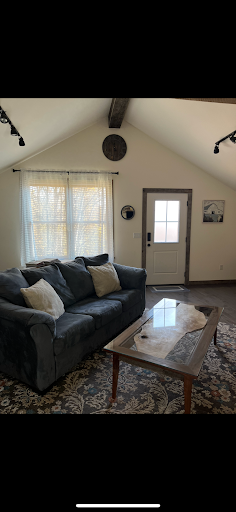By Nina Reynolds – [email protected] – Contributor | March 25, 2015 |
Liberal arts programs better prepare students for today’s workforce, community members say.
“Liberal arts education is a foundation that could prepare you for any career, definitely a scalpel
to dig deeper into any career,” said Shannon Baggett, lead teacher and instructional
technology facilitator for the School of Inquiry and Life Sciences at Asheville.
Higher education funding for liberal arts programs is essential, said Greg Townsend,
SILSA principal.
According to the 2010-11 U.S. Census Bureau’s American Community Survey, liberal arts
majors, especially those with humanities and social science degrees, saw rates of employment in
social services professions increasing.
Counteractively, recent funding declined for liberal arts programs, according to the American
Academy of Arts and Sciences report in 2013. The report also stated that new initiatives ensure funding for science and technology departments.
“For a while it’s almost seemed like the trend was not to worry about your education and just
work,” said Amy Riddle, 41, insurance scheduling specialist and owner of a life coaching
business. “Many people are starting their own business these days, the 9-5 world is disappearing, and I know people who have the vocational background and change their minds and say they don’t want to do it anymore. It seems like they change more because (their degree) is so specific.”
According to the 2013 U.S. Bureau of Statistics, 74.1 percent of high school graduates not
attending college or university are twice as likely to be looking for employment, compared to
their peers with college degrees.
“They both (liberal arts and vocational education) are equally important,” said Pat Proctor, 67,
independent insurance agent. “In the vocational field you have the medical community who’s
always growing by leaps and bounds, so the longevity and careers are always going to be there.”
Degree-holders in all fields experience significant increases throughout their careers. Engineering graduates overall receive higher salaries than those in any other degree, according to the survey.
“You don’t see if you pay this much for a degree you’re going to earn X amount of dollars,”
Townsend said. “I have a son in college now and another son in college next year. When it’s all
said and done, we’re paying about 20 percent of our household income. It blows your mind how
much money it costs — kind of makes you choke,” Townsend said.
More than 9.6 million individuals hold a baccalaureate degree in a humanities or social sciences
field, and nearly 4 million of these individuals also hold a graduate or professional degree,
according to the survey.
“I get use out of both of my degrees in my everyday life,” said Riddle, a graduate of Southern
Illinois University in radio and television and bachelor of science in alternate medicine from Everglades University. “It’s just a bigger area to play in with liberal education, than vocation being so specific.”
Latest Stories
- Asheville residents at odds over U.S. financial assistance to Ukraine
- The UNC Asheville Saber Club’s duels remain, moved to AC Reynolds Green
- UNCA League of Legends takes first in stunning finals match against HPU
- From passion to professional play: How a UNCA League of Legends MVP hit their stride
- Old UNCA sorority still has its footprints on campus
- Mass communication students visit Charlotte to watch Hornets game
- Blue Banner Connections #1
- Sex toys get luckier than traditionalist men
- A student's perspective on traveling and concerts
- Local bead and craft store continues to thrive under new management


















